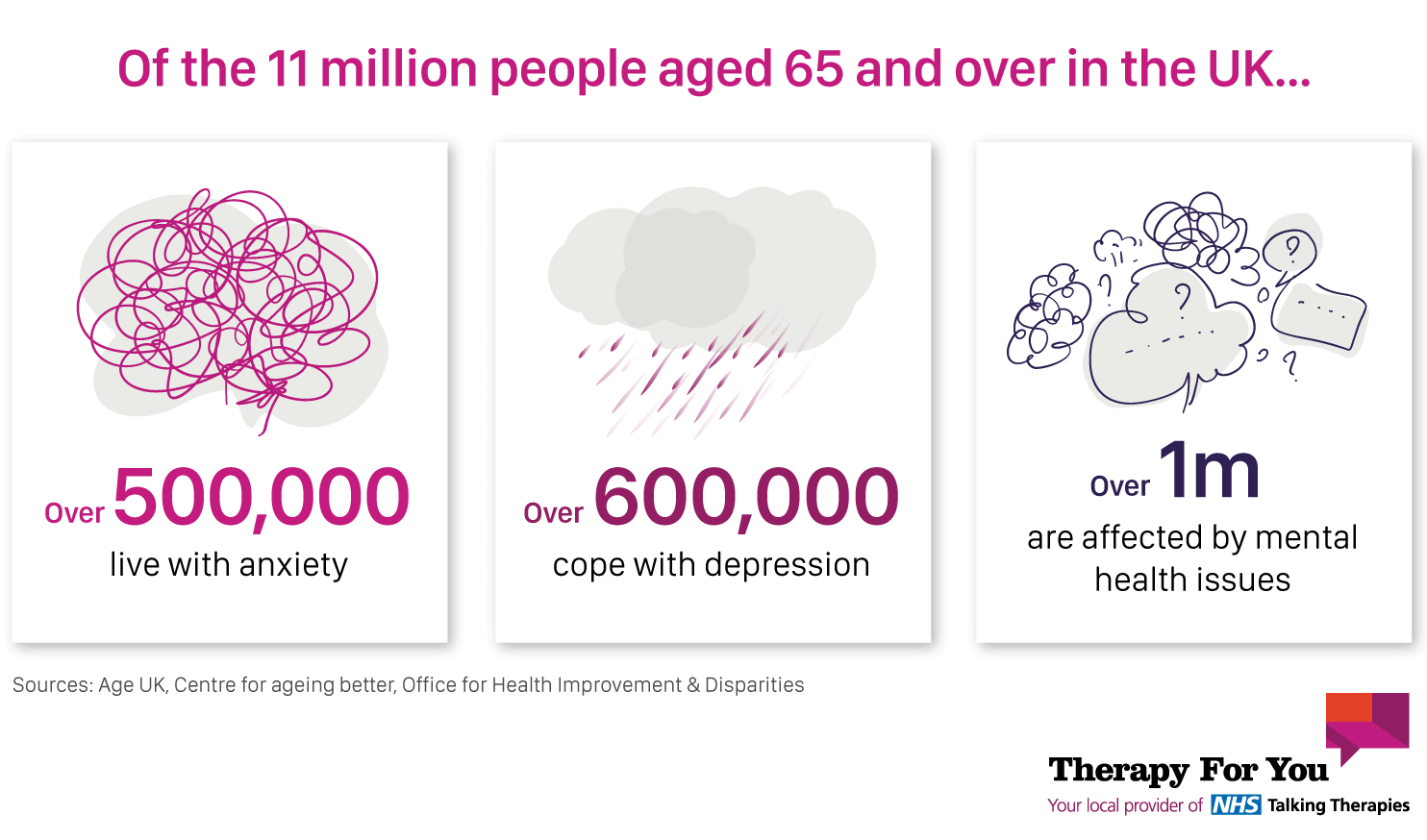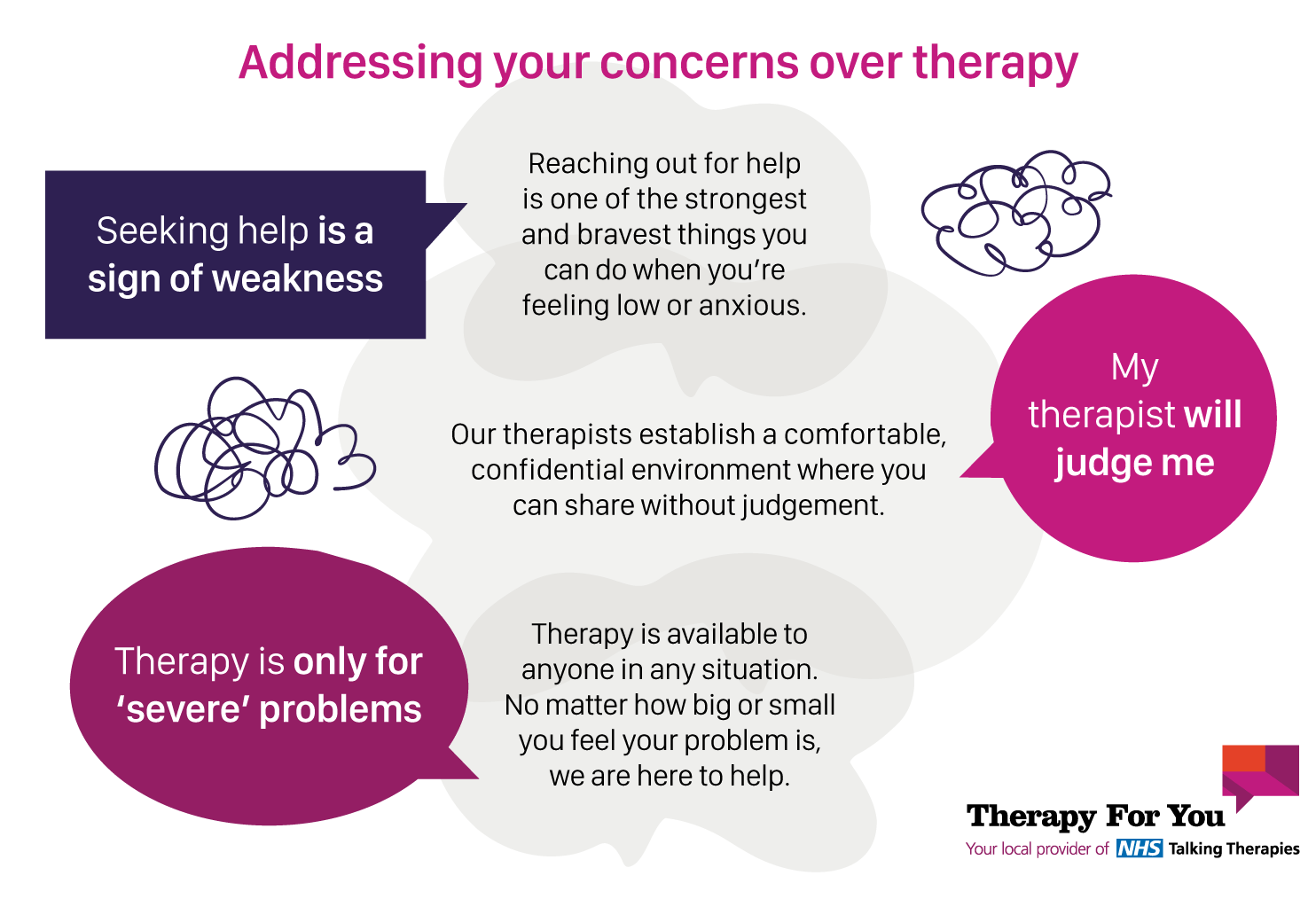While getting older is something many look forward to, the significant changes that accompany later stages of life can affect the mental health of even the most well-prepared individuals.
Entering retirement
Many people enjoy what they do, the social bonds they form at work, and the purpose their job gives them. This makes the prospect of retirement daunting for some, especially if they are forced to stop working early.
But even if you have grand plans for what you will do in retirement, or you don’t like your current job, stepping down from a life of work is a big change for anyone, and may leave you feeling lonely, isolated and anxious.
Losing a loved one
Losing a loved one is never easy. In these difficult times, grief can affect our mental health in unique and significant ways, bringing overwhelming feelings of sadness, guilt or hopelessness to the surface.
You might also find that a loss or bereavement is affecting you physically, causing headaches, muscle pains, and restlessness. Over time, these can become a drain on your emotional wellbeing, and leave you feeling low and exhausted.
Living with ongoing health conditions
It’s a well-known fact that as we get older, our bodies tend to become more delicate. This not only leaves us with aches and pains that can erode our emotional wellbeing – they can also become a barrier to our favourite physical activities.
Being forced to change how you live due to an ongoing health issue, especially if it was a sudden transition, can be difficult to process. If your quality of life has suffered in this way, it’s common to experience feelings of depression and anxiety.
Caring for others
Whether it’s a friend, family member or partner, taking the time and energy to care for someone else can be a rewarding yet challenging responsibility.
If you find yourself in this role and are having difficulties managing your daily duties, you may notice that this has become a source of stress and worry in your life.
Being diagnosed with dementia
Sadly, dementia tends to affect individuals 65 and older – a likelihood that only increases with age.
If you have been diagnosed with this condition or are living with its consequences, you might find that your mental health is suffering, as you struggle to concentrate, withdraw from social situations, and strain to find motivation.
On their own, these significant life transitions can be difficult to manage. But when one or more compound at once, your mental wellbeing can suffer. Explore our full range of free treatments for mental health, and face these feelings together with a helpful therapist.








